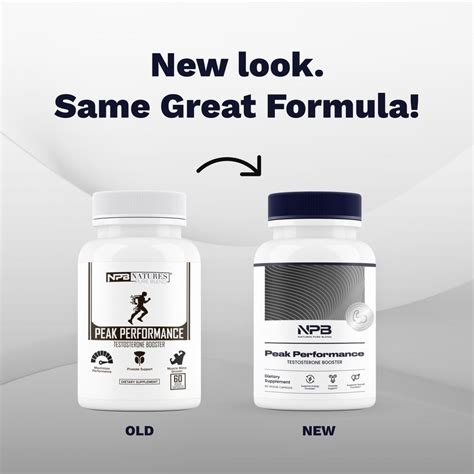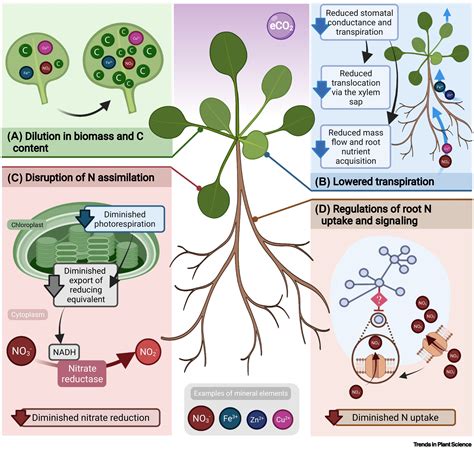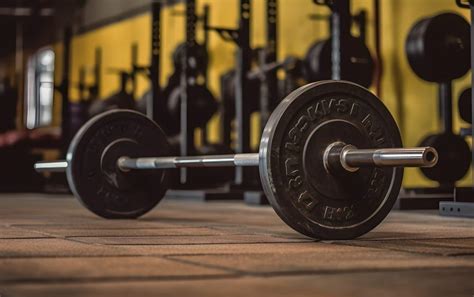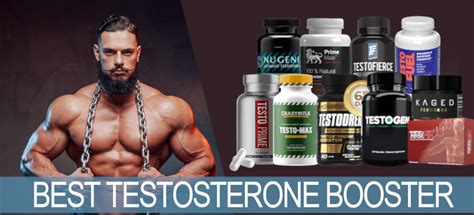Optimize men’s T-levels naturally for peak vitality & performance?

Unlock Your Peak: Natural Testosterone Optimization
Testosterone, often referred to as the male hormone, plays a critical role in more than just muscle mass and libido. It influences energy levels, mood, bone density, cognitive function, and overall quality of life. As men age, T-levels naturally decline, but various lifestyle factors can also contribute to suboptimal levels. The good news is that many natural, evidence-based strategies can help you optimize your testosterone production and reclaim peak vitality and performance.
The Foundation: Diet and Nutrition
What you eat directly impacts your hormonal balance. A well-rounded, nutrient-dense diet is paramount for healthy testosterone levels.
Healthy Fats Are Essential
Don’t shy away from healthy fats. Monounsaturated and saturated fats are crucial for hormone production. Include sources like avocados, nuts, olive oil, and organic eggs. Cholesterol, a precursor to testosterone, is not the enemy when sourced from healthy whole foods.
Adequate Protein Intake
Protein is vital for muscle repair and growth, which in turn supports testosterone. Aim for lean protein sources such as chicken, fish, lean red meat, and plant-based options like lentils and beans. However, excessive protein intake without sufficient carbs and fats can sometimes be detrimental.
Micronutrient Powerhouses: Zinc, Vitamin D, Magnesium
- Zinc: This mineral is directly involved in testosterone production. Oysters, red meat, and pumpkin seeds are excellent sources.
- Vitamin D: Often called the ‘sunshine vitamin,’ Vitamin D functions as a steroid hormone in the body and is strongly linked to T-levels. Aim for safe sun exposure or consider supplementation, especially in darker months.
- Magnesium: Important for muscle function and energy production, magnesium also plays a role in free testosterone levels by reducing its binding to sex hormone-binding globulin (SHBG).

Exercise: Move Your Way to Higher T
Regular physical activity, particularly certain types of exercise, is a powerful natural testosterone booster.
Strength Training is King
Lifting weights, especially compound exercises like squats, deadlifts, bench presses, and rows, stimulates a significant hormonal response, including an increase in testosterone. Focus on progressive overload and consistent training.
High-Intensity Interval Training (HIIT)
Short bursts of intense exercise followed by brief recovery periods have also been shown to boost testosterone levels more effectively than long, moderate-intensity cardio. Incorporate sprints or circuit training into your routine.

Prioritize Sleep and Stress Management
Chronic lack of sleep and high stress levels can severely impact hormone production, including testosterone.
Quality Sleep is Non-Negotiable
Testosterone is primarily produced during sleep. Aim for 7-9 hours of high-quality, uninterrupted sleep per night. Establish a consistent sleep schedule, create a dark and cool sleep environment, and avoid screens before bed.
Stress Reduction Techniques
Chronic stress elevates cortisol, a hormone that has an inverse relationship with testosterone. Implement stress-reducing practices like meditation, deep breathing exercises, yoga, spending time in nature, or engaging in hobbies you enjoy.

Lifestyle Factors and Environmental Considerations
Beyond diet, exercise, and sleep, other aspects of your daily life can influence testosterone.
Moderate Alcohol and Sugar Intake
Excessive alcohol consumption and high sugar intake are known to negatively affect testosterone levels. Reduce or eliminate these from your diet for optimal hormonal health.
Avoid Endocrine Disruptors
Certain chemicals found in plastics (BPA, phthalates), pesticides, and personal care products can mimic hormones or disrupt their natural production. Opt for natural alternatives and avoid heating food in plastic containers.

Targeted Natural Supplements (Use with Caution)
While whole foods and lifestyle changes are the primary drivers, some natural supplements have shown promise in supporting healthy T-levels, but should always be used under guidance.
Ashwagandha
This adaptogenic herb is known for its stress-reducing properties and has been shown in some studies to improve testosterone levels, particularly in men under stress or with fertility issues.
Fenugreek
Fenugreek seeds contain compounds called furostanolic saponins, which are believed to enhance testosterone production. Research indicates it can improve libido and strength.

Conclusion
Optimizing your testosterone levels naturally is a holistic endeavor, requiring consistent effort across multiple lifestyle domains. By focusing on a nutrient-rich diet, engaging in strategic exercise, prioritizing quality sleep, managing stress effectively, and being mindful of environmental factors, you can significantly enhance your body’s natural testosterone production. This comprehensive approach not only supports healthy hormone levels but also contributes to overall peak vitality, improved mood, enhanced physical performance, and a higher quality of life. Always consult with a healthcare professional before making significant lifestyle changes or starting new supplements, especially if you have underlying health conditions.









